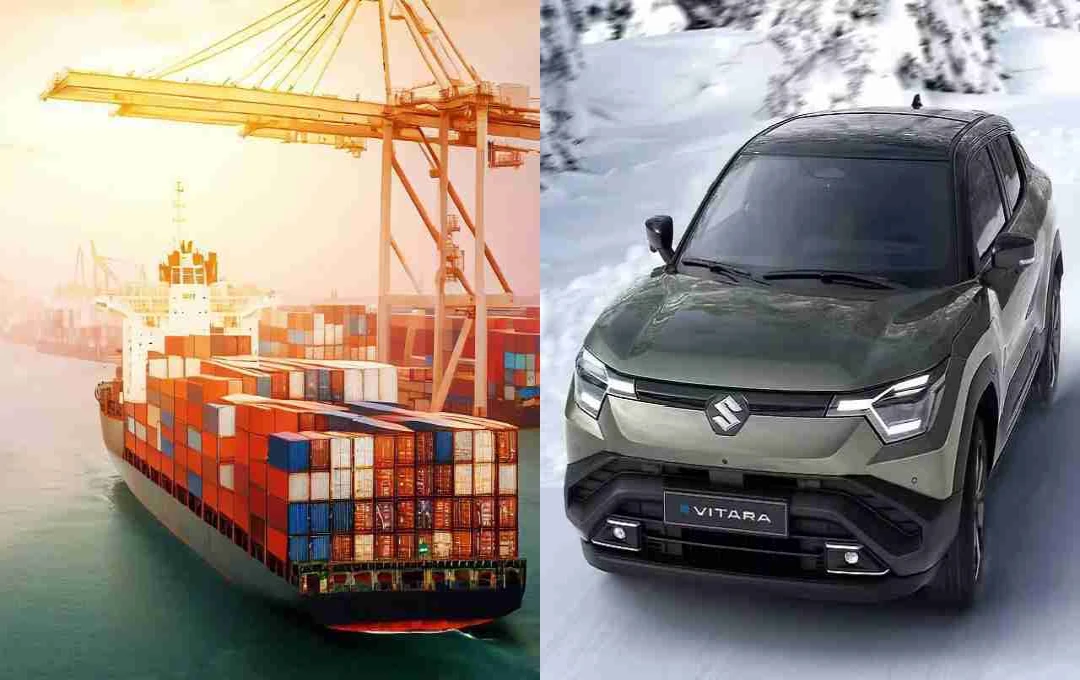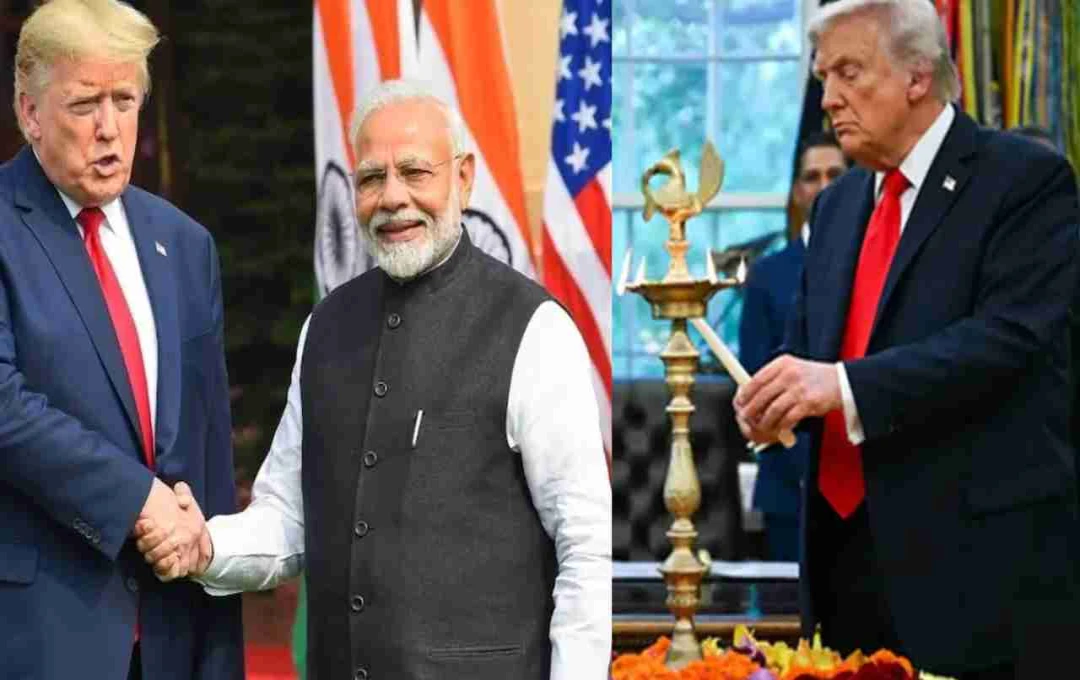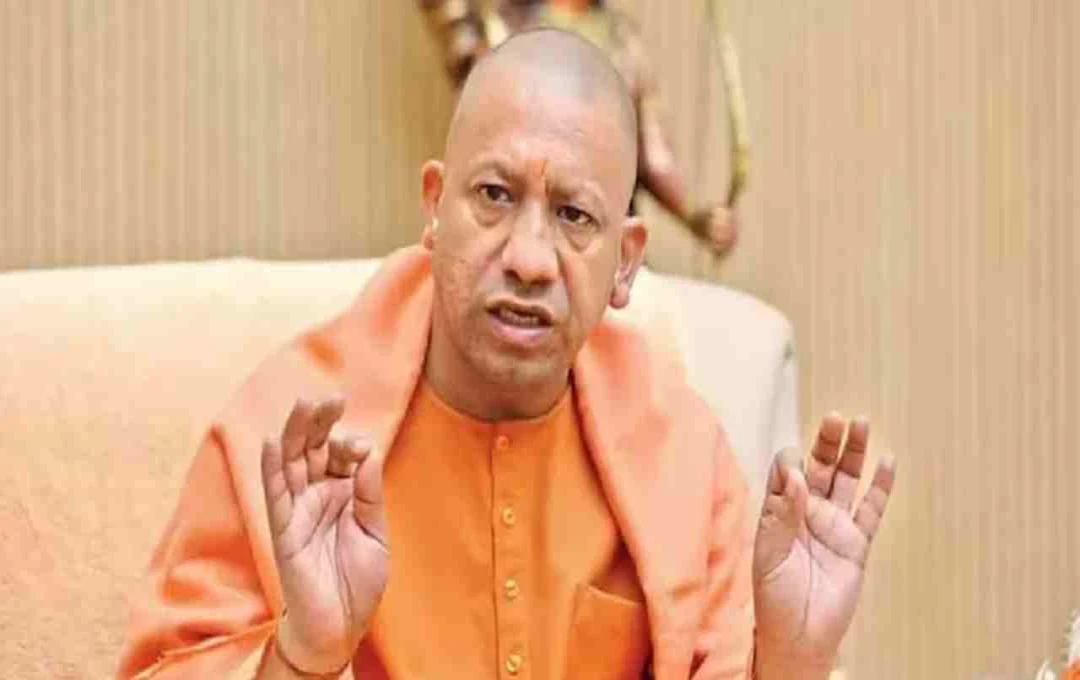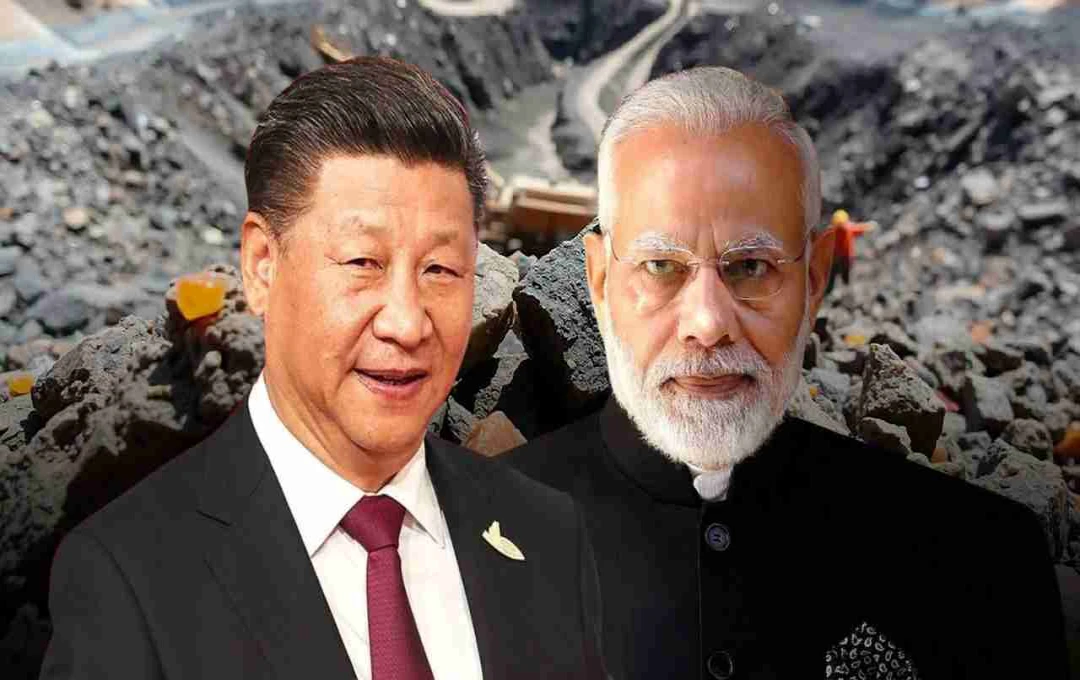Maruti Suzuki has commenced the export of its e-Vitara, with 2,900 units dispatched to 12 European countries in August. The company plans to export this model to over 100 countries and also sell it in the domestic market. In India, it will compete with the Hyundai Creta Electric, MG ZS EV, Tata Curve EV, and Mahindra BE 6.
E-Vitara Export: Maruti Suzuki initiated the first export of its e-Vitara from its Gujarat-based factory, sending over 2,900 units to the UK, Germany, Norway, France, Denmark, Switzerland, the Netherlands, Sweden, Hungary, Iceland, Austria, and Belgium in August. Prime Minister Narendra Modi flagged off the car. The company intends to export it to more than 100 countries and also sell it in India. Maruti's total exports in August stood at 36,538 units. Domestically, the e-Vitara will face competition from the Hyundai Creta Electric, MG ZS EV, Tata Curve EV, and Mahindra BE 6.
First Shipment and Distribution in Key Countries

The first shipment of the Maruti e-Vitara includes the UK, Germany, Norway, France, Denmark, Switzerland, the Netherlands, Sweden, Hungary, Iceland, Austria, and Belgium. On August 26, Prime Minister Narendra Modi flagged off the car from the Maruti factory in Gujarat. This marks the first time an Indian auto company has sent such a large volume of cars to the European electric vehicle market.
Significance of European Exports
Choosing Europe as the first destination for the Maruti e-Vitara holds strategic importance. This market is among the most competitive and strictly regulated regions for electric vehicles globally, offering a wide array of choices to customers. The shipment of 2,900 cars from India is not just a number; it signifies that the country is no longer just a low-cost manufacturing hub but has also become a globally competitive manufacturer.
Maruti's Export Record Enhances

The e-Vitara is being manufactured exclusively at Maruti Suzuki's Hansalpur factory. The company plans to export it to over 100 countries. Managing Director and CEO Hisashi Takeuchi expressed pride in making Europe the first destination for exports.
In August, Maruti Suzuki's total exports also increased by 40 percent to 36,538 units, compared to 26,003 units during the same period last year. This growth reflects Maruti's production capabilities and the improvement in global demand.
In India, the e-Vitara will compete with electric SUVs such as the Hyundai Creta Electric, MG ZS EV, Tata Curve EV, and Mahindra BE 6. Its official pricing will be announced in the coming months, but media reports suggest its introductory price could start around ₹20 lakh.
India's Global Recognition
The export of the Maruti e-Vitara clearly indicates that India is no longer just an automotive production center. Indian companies are now making their mark in the high-tech and electric vehicle markets as well. Entering markets like Europe, with its stringent regulations, enhances the credibility of India's auto industry.













